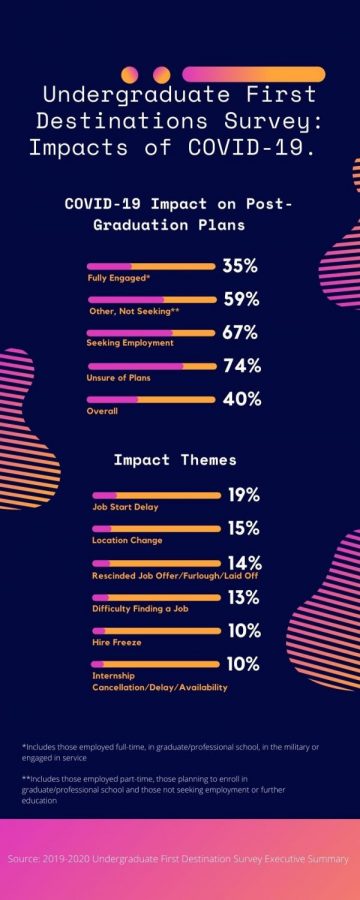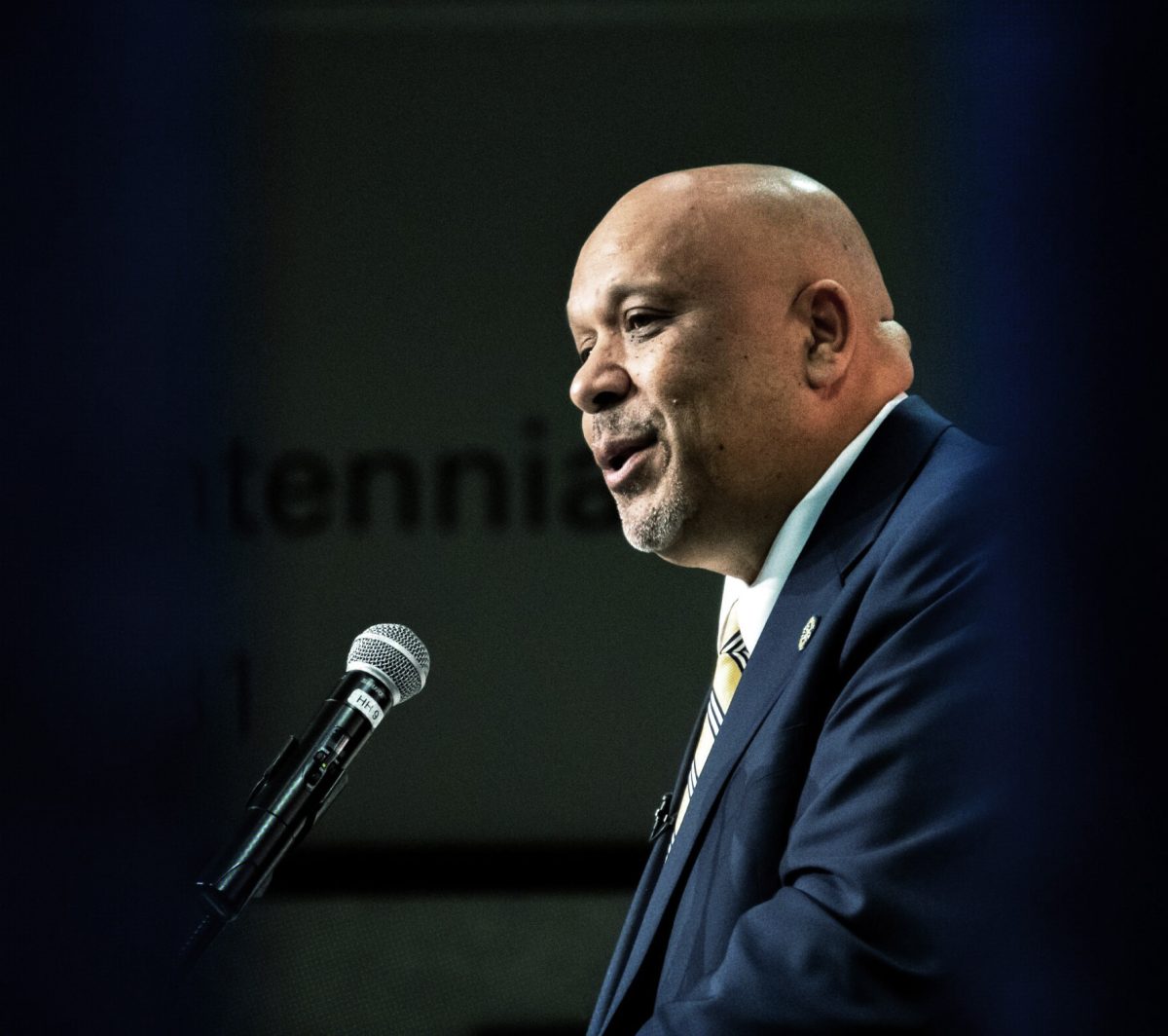Internship. I’ve always despised the word. Without regard to its actual definition, it sounds like it could be a term describing the highest honor at Girl Scout camp. The term ‘internship’ has morphed into something ambiguous: from a glorified camp counselor to a junior associate given complex financial analysis responsibilities.
However misleading the job title, most “internship” positions entail cash coming your way and a so-called “foot-in-the-door.” Other students are not so lucky, and fall victim to the beast that is the unpaid internship.
The minute students step into their first professional development class, they are reminded that they are not special. For Millennials who grew up earning ribbons for placing 8th on swim team, the identity crisis is certainly a hard pill to swallow.
A college education with a price tag equivalent to that of a small mortgage is no longer enough to secure a job after graduation, and students must scramble to find ways to stand out amongst plenty of qualified candidates in an improving, yet highly competitive job market. After all, what “entry level” job today does not require some previous professional experience? The paradox of the century.
This reality has not been lost on companies looking for easy ways to cut costs. Why hire a full-time employee entitled to benefits when you can hire an eager college student for free instead? No cost-benefit analysis necessary.
Despite crackdowns on unpaid internship practices nationwide, unpaid positions in the for-profit sector pop up on Marquette’s Career Manager and JobConnection from time to time. How does the law distinguish between interns and indentured servants to the white-collar corporate world?
The U.S. Department of Labor is not entirely clear on where to draw the line either. The following six criteria must be met to be in compliance with the Fair Labor Standards Act.
- The internship, even though it includes actual operation of the facilities of the employer, is similar to training which would be given in an educational environment;
Ah, got it. Very black-and-white.
- The internship experience is for the benefit of the intern;
Clearly.
- The intern does not displace regular employees, but works under close supervision of existing staff;
This is my favorite one. If an unpaid intern is doing ANYTHING of benefit to the company, then they are, however indirectly, displacing the need for an employee, right?
- The employer that provides the training derives no immediate advantage from the activities of the intern; and on occasion its operations may actually be impeded;
Why would anyone hire an intern if they did not benefit in some way?
- The intern is not necessarily entitled to a job at the conclusion of the internship; and
But it would be nice.
- The employer and the intern understand that the intern is not entitled to wages for the time spent in the internship.
The legality of unpaid internships in the for-profit sector is ambiguous. Not surprisingly, the issue has materialized in lawsuits brought on by interns against their employers in recent years. The most notable case was perhaps against Fox Searchlight when two production interns for “Black Swan” felt the employer was benefiting more than they were when they spent their time picking up employee lunches and taking out the trash.
Students accepting unpaid internships in the for-profit sector are led to believe that hours of filing will lead to a paid position in the future, and that they are better off taking an unpaid position than, say, waiting tables.
According to the National Association of Colleges and Employers, 61 percent of the graduating class of 2014 had an internship or co-op experience during college. More than 65 percent of those holding a paid internship position received a full-time job offer, 39.5 percent of those holding an unpaid internship experience received an offer, and 38.5 percent of those with no internship experience received an offer.
So yes, you have a slightly higher chance of landing a full-time job with an unpaid position versus your nannying job, but some may prefer to take their chances and earn cash. Maybe it is time we consider other avenues to our dream jobs.
When navigating through the black abyss of my future, I always keep one piece of advice in the back of my mind: “know your value.” When considering taking on an unpaid position, do your research and know your rights.












Jerry Connolly • Sep 4, 2015 at 11:27 am
Very well written and raises several good points.
I suspect one response would be “Fine, then don’t apply for…………and certainly don’t accept, any unpaid Internships. Don’t invest the time, effort to demonstrate your abilities to be one of the 65% who are offered employment at the end of their Internships.”